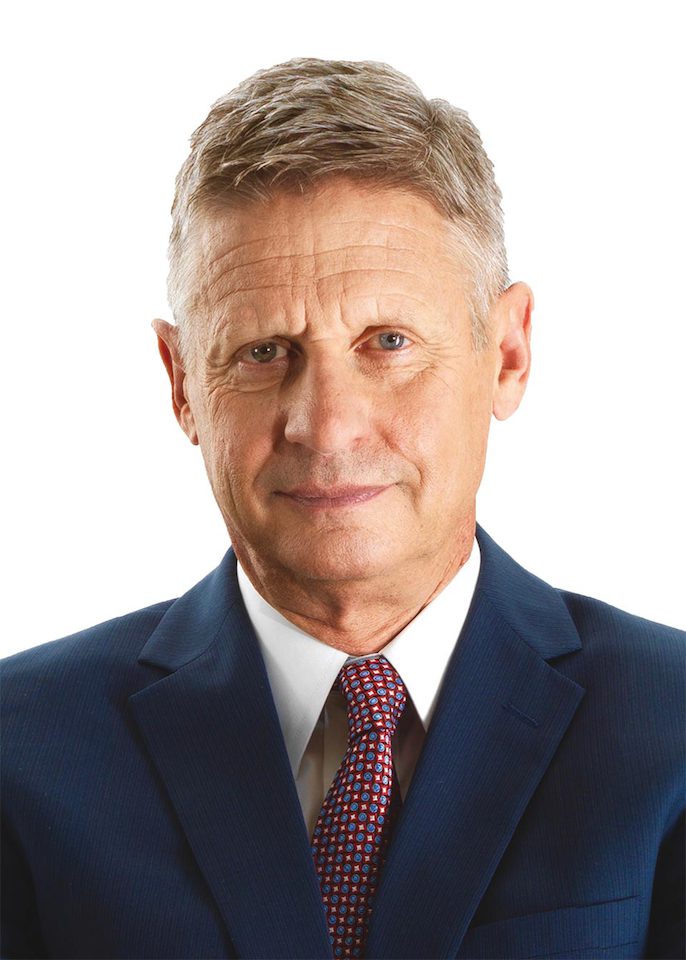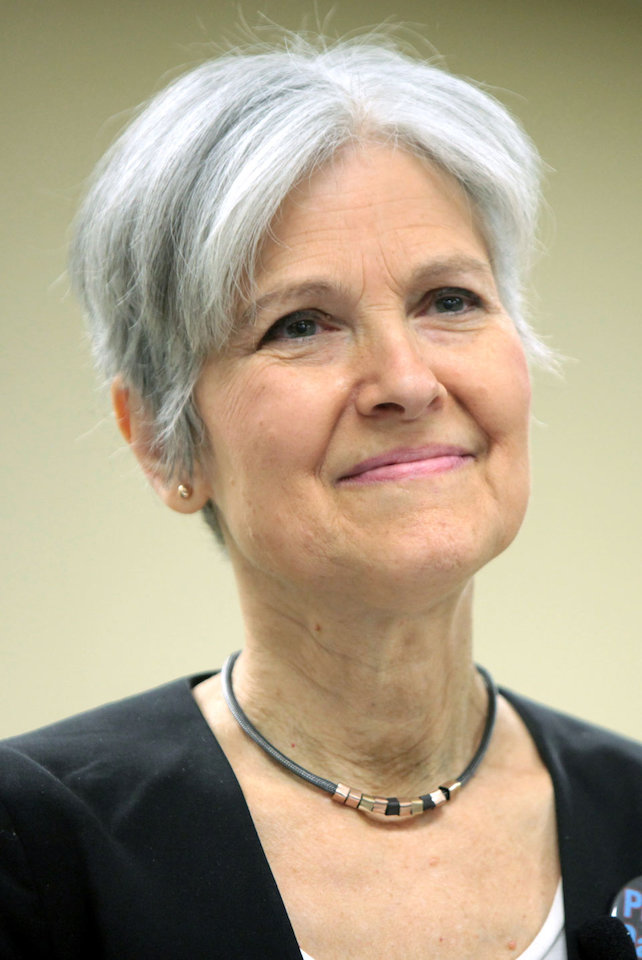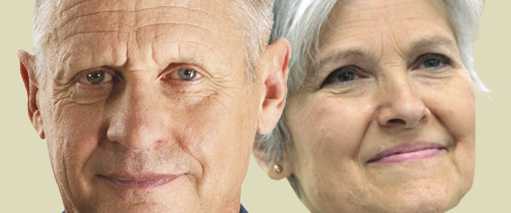News Feature: Third Party Candidates Offer Variety
Presidential Campaign Filled With Outliers


Jill Stein, Green Party candidate
Gage Skidmore

Latest Article|September 3, 2020|Free
::Making Grown Men Cry Since 1992


Jill Stein, Green Party candidate
Gage Skidmore



